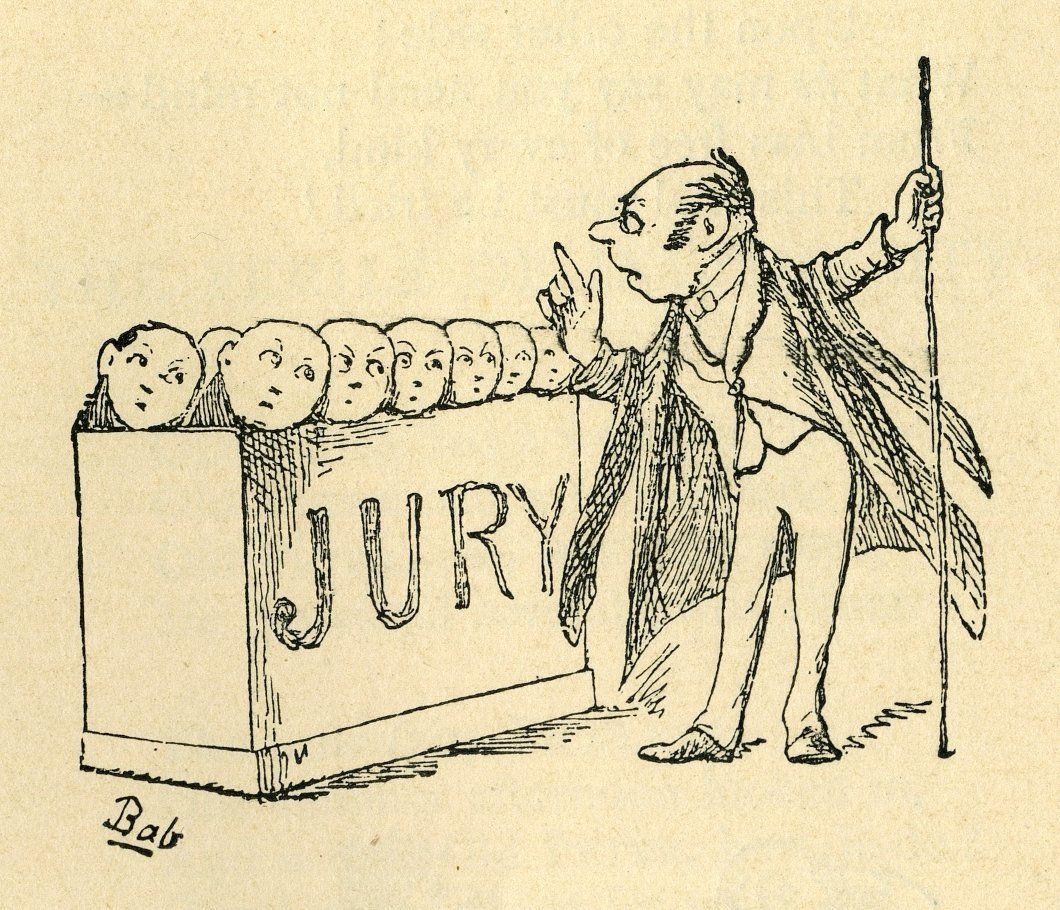New York Amends Its Whistleblower Law
2022 Amendments to New York Whistleblower Law
New York State has amended Section 740 of the Labor Law. The law now provides that an employer cannot take any retaliatory, or adverse, action against an employee who discloses, or threatens to disclose, to a supervisor, or public body, a practice that the employee reasonably believes is in violation of law, rule or regulation OR that
the employee reasonably believes poses a substantial and specific danger to the public health or safety.
This covers employees who provide information or testimony to pubic bodies, or who intentionally refuse to participate in such an investigation or hearing.
Prior to the Amendment, an employee was required to provide proof of an actual violation of a law, rule, or regulation to receive whistleblower protection. Under the Amendment, however, an employee need only prove that that he or she “reasonably believes” that the practice violates law or poses a substantial and specific danger to public health or safety.
Threatening to contact or contacting United States immigration authorities or otherwise reporting or threatening to report an employee’s suspected citizenship or immigration status or the suspected citizenship or immigration status of an employee’s family or household member constitutes an adverse action.
The law includes employees, former employees, and independent contractors and increases the statute of limitations for filing a retaliation claim from one year to two years.
The statute only requires only that the employee make “a good faith effort to notify his or her employer,” and there are many situations where such notification may not be required, such as where:
- there is an imminent and serious danger to public health or safety;
- the employee reasonably believes that reporting to the supervisor would result in a destruction of evidence or other concealment of the activity, policy, or practice;
- such activity, policy, or practice could reasonably be expected to lead to endangering the welfare of a minor;
- the employee reasonably believes that reporting to the supervisor would result in physical harm to the employee or any other person; or
- the employee reasonably believes that the supervisor is already aware of the activity, policy, or practice and will not correct such activity, policy, or practice.
Employees are now allowed
jury trial and the relief available now includes (1) injunctive relief, (2) reinstatement to the same or an equivalent position, (3) reinstatement of the full fringe benefits and seniority rights, (4) compensation for lost wages and benefits, and (5) reasonable costs and attorneys’ fees associated with bringing the action, (6) front pay in lieu of reinstatement, (7) a civil penalty of up to $10,000, and (8) punitive damages where the employee can prove that the violation was willful, malicious, or wanton.
Finally, the statute now
requires employers to “inform employees of their protections, rights and obligations under this section, by posting a notice thereof,” which “shall be posted conspicuously in easily accessible and well-lighted places customarily frequented by employees and applicants for employment.”










